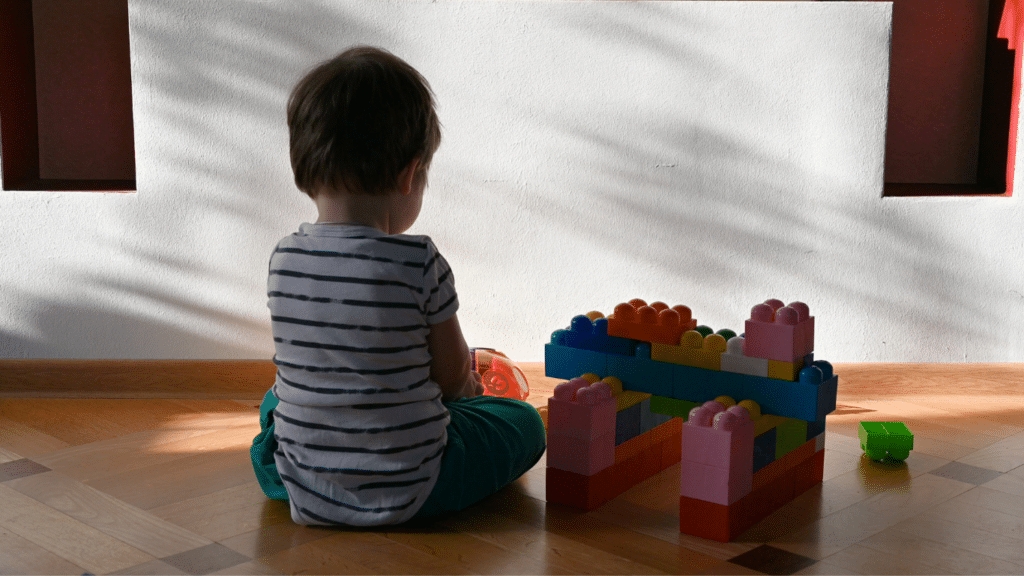School can be a challenging environment for children who have joined their family by adoption. This video is a must for adoptive parents of school-aged children and the education professionals in their lives.

Watch this video and learn how to be an ally for adopted children and their families in the classroom and school environment. This webinar is open to education professionals, and prospective & adoptive parents.
| Please note: This video was recorded several years ago with our former branding (the Belonging Network used to be the Adoptive Families Association of BC). |
School issues and adoption
Presenter: Jennifer Hillman, retired, worked in Family Services with the Adoptive Families Association for 27 years. Jen was a Family Support Worker, PASS counsellor, and friend and mentor to many in the adoption community. Jen is an adoptive parent to three grown children and nanna to three.





